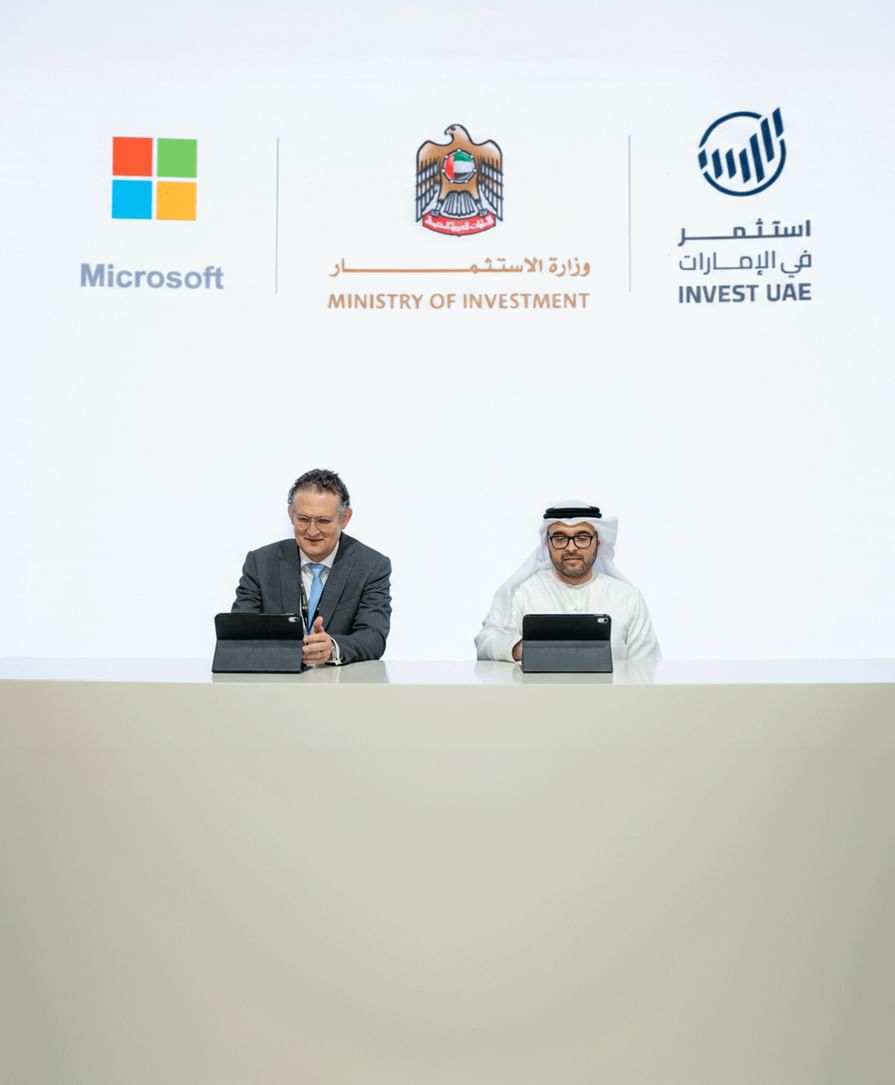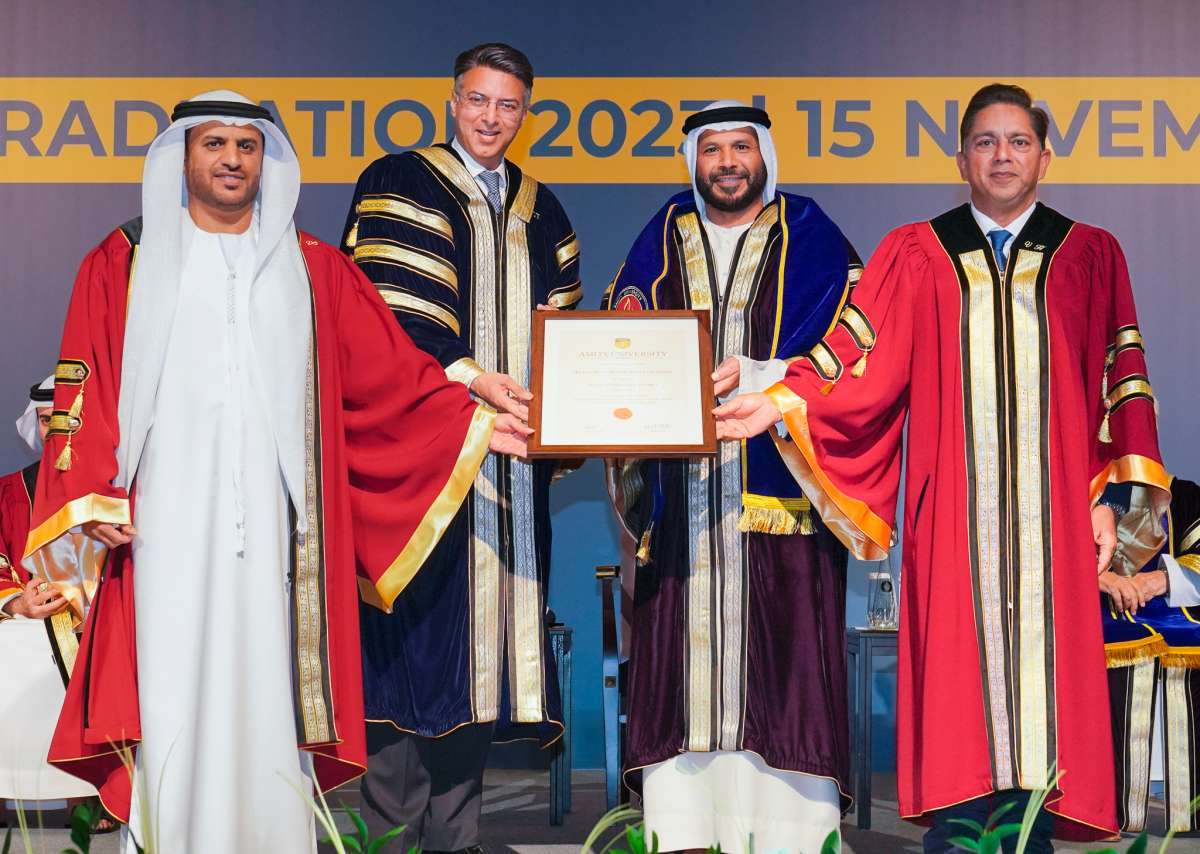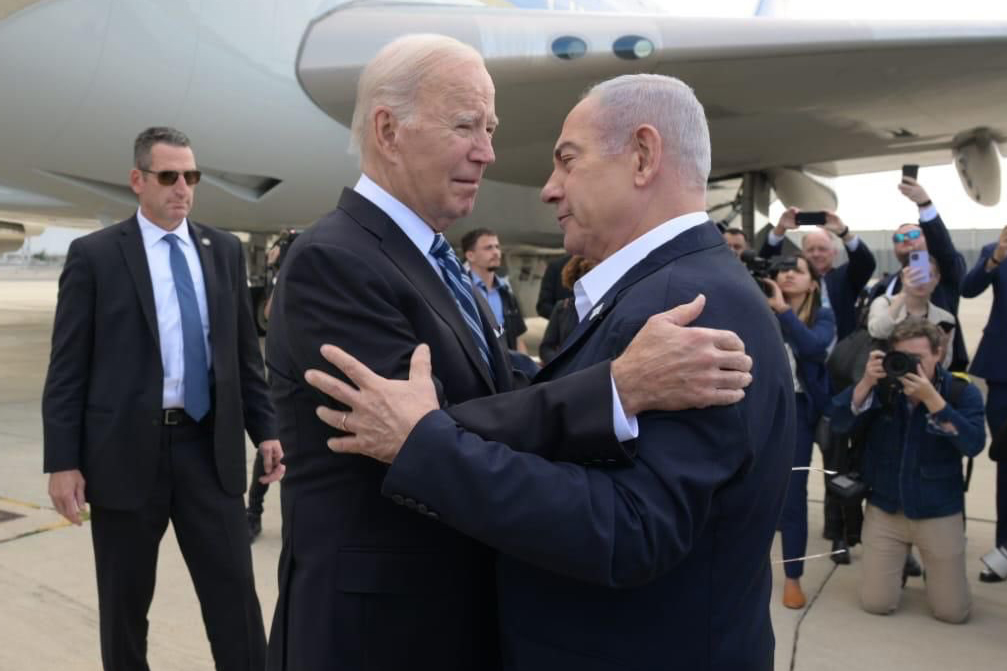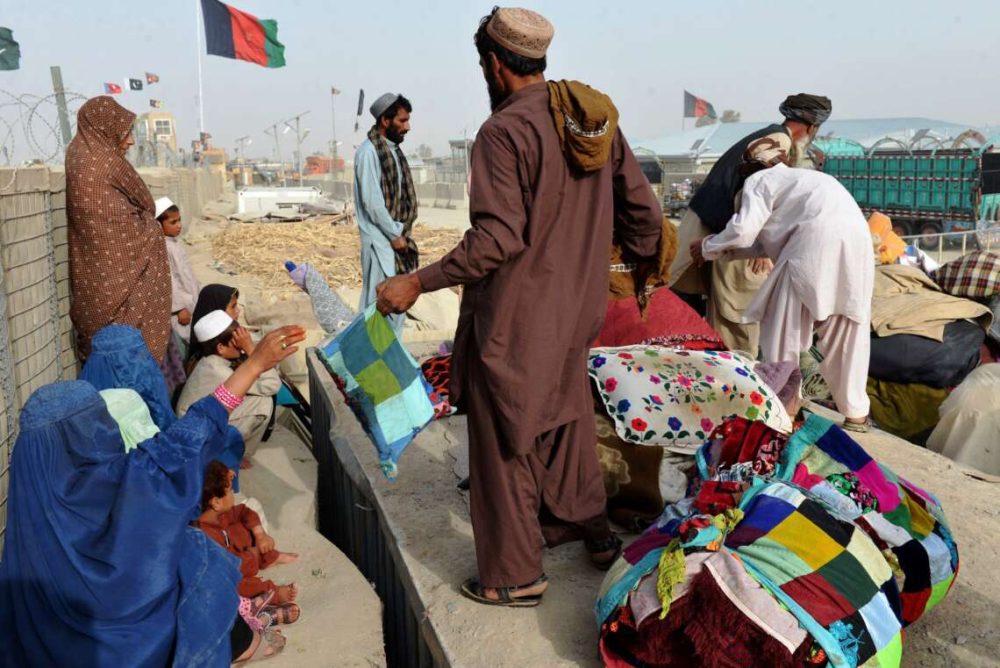Dr. Anwar Gargash expressed concerns that the current violence will only fuel further extremism and instability in the region….reports Asian Lite News
The ongoing war in Gaza represents a serious setback for the efforts to reduce tension in the region as a whole, said Dr. Anwar Gargash, Diplomatic Adviser to the UAE President.
“Prolonging the war would only amplify its associated risks, including the possibility of the conflict engulfing the wider region,” he cautioned.
In a speech at the 19th Manama Dialogue, titled “Transition to Global Competition,” Gargash expressed concerns that the current violence will only fuel further extremism and instability in the region.
“To prevent the entrenchment of divisive narratives and confront all forms of extremism, a resolute and collective effort is imperative,” he stressed.
While the full impact of this crisis on regional and international relations remains to be seen, its far-reaching reverberations will be felt for years to come, Gargash added, noting that the unfolding situation in Gaza underscores the urgent need to safeguard international standards, uphold shared values, and re-evaluate the effectiveness of traditional crisis resolution approaches.
“I believe it’s now evident that some of these methods, such as the long-standing policy of containment regarding the Palestinian Cause, require thorough re-examination. The events of the past month have made it abundantly clear that a failure to re-engage politically in the peace process, with the aim of achieving a two-state solution, would be a grave misstep. A two-state solution offers the only viable path to lasting peace for both the Palestinian and Israeli peoples, and it demands strong and sustained international participation.”
While the UAE remains committed to ending hostilities, he continued, “the country’s immediate priority is to ensure uninterrupted humanitarian access and the delivery of substantial relief supplies to alleviate the suffering of the civilians in Gaza. In response to this urgent need, the UAE has significantly amplified its humanitarian efforts, not only by increasing its financial contributions but also through collaborative efforts with medical teams in Gaza to establish an emergency field hospital there and by facilitating the medical transfer of children and their families from Gaza to the UAE for treatment. The UAE is actively engaged at various levels, including diplomatic efforts as a member of the UN Security Council and collaborations with regional partners, to save lives and contribute constructively to conflict resolution.”
He further stated, “The war in Ukraine is further exacerbating geopolitical uncertainty, with its indirect consequences reverberating across the global economy, food security, and energy security. This has deepened divisions among the five permanent members of the UN Security Council, making it increasingly challenging to reach consensus on critical issues related to international peace and security. Similarly, the initial deadlock reached by the UN Security Council on the tragic situation in Gaza, which has persisted for several weeks and continues to this day despite the UN General Assembly’s consensus on the next steps in Gaza, reflects the reality of a divided international arena.”
The Presidential Advisor cautioned that the ongoing changes in the global system have major implications for international relations, and these changes could lead to a bigger crisis for the international system if the necessary steps are not taken to address them. “These changes are exacerbated by broader issues such as climate change, the interconnected nature of our modern world, and the political, economic, and security implications of technology competition.”
The Middle East is well aware of the ongoing geopolitical competition in its regional system, he added. “In fact, one of the main challenges we face is the changing dynamics of global politics. We are well aware that a more chaotic international system will inevitably affect our region, and this is an issue we must deal with, whether it is about concerns on how the geopolitical competition between the major powers in the Middle East will evolve, or about questions on what the international system will look like on the day after the wars in Ukraine and the Gaza Strip.”
Gargash explained that the transition to a more divided system is not in the interest of anyone, and the same is true for the growing uncertainty in various parts of the Middle East. The region, he said, has gone through one of the most difficult decades in its history due to what was called the ‘Arab Spring’ decade, and this is the region where the risk of escalation and the growing power vacuums pose a constant threat.
“It is essential for the Middle East to continue to chart its course carefully to ensure stability, prosperity, and peace for our countries,” Dr Gargash stressed.
“This must be done amidst the ongoing state of instability and turmoil in international and regional affairs, and in a world characterised by rapid changes and increasing competition.”
Dr. Gargash expressed his hope that the Middle East will chart a new course in the years to come, pointing to some promising signs in recent years, as the countries of the Middle East have worked together to find solutions to reduce tensions and calm conflicts, rebuild relationships, and focus on common goals. He acknowledged that this progress has been uneven, but he remains optimistic about the future of the region.
“It is time to look to the future and ask ourselves some deep and probing questions: Can we maintain the momentum of looking ahead despite regional crises? And in light of the ongoing war in Gaza and its repercussions, can we work together to find lasting solutions to calm the current tensions in the Middle East? I believe the answer to these questions is that we must firmly continue our way in defending regional stability.”
He cautioned that while the current crisis in Gaza is being addressed, efforts must continue to “reform the region” by strengthening national development plans to ensure progress, and through cooperative efforts with international and regional partners to develop long-term strategies for the region.














